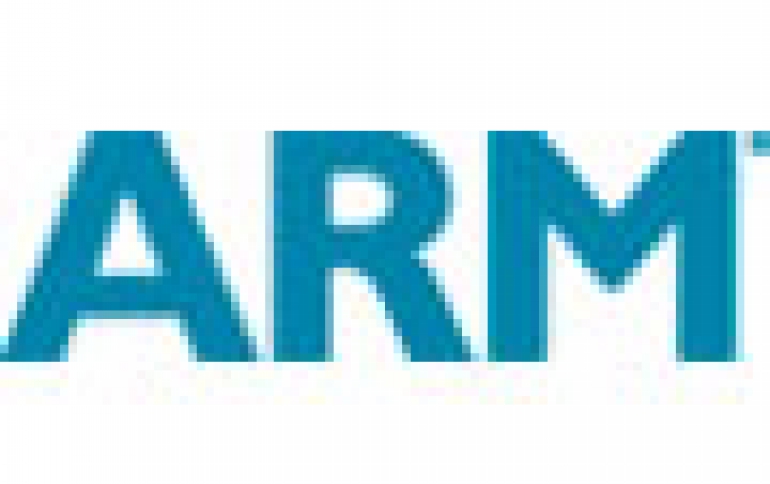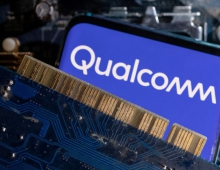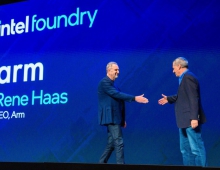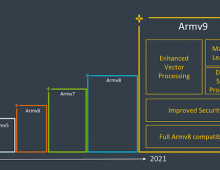
European Union Approves Joint-venture Between ARM, Giesecke & Devrient and Gemalto
The European Commission has cleared the proposed creation of a
joint-venture between ARM, and providers of security solutions
Giesecke & Devrient and Gemalto.
The joint venture will develop and market trusted execution
environments ("TEE") for consumer electronic devices. TEEs offer
security services for applications such as mobile payments
running on smartphones and tablets. The approval is subject to
conditions. ARM will provide the necessary hardware information
to competitors at the same conditions as to the joint venture to
enable them to develop alternative TEE solutions. Moreover, ARM
will not design its IP in a way that would degrade the
performance of alternative TEE solutions. The Eurpean Commission
had concerns that the transaction as initially notified could
have enabled ARM to shut out competitors of the joint venture
from the market for TEE. The commitments offered by the
companies address these concerns.
G&D and Gemalto currently offer TEE solutions and will contribute their respective solutions to the joint venture. The Commission's investigation showed that a number of actual or potential competitors will remain active in TEE after the transaction. However, ARM currently holds a very strong position upstream as a supplier of IP architecture for application processors for consumer electronics devices, including the specific hardware extension (ARM TrustZone) on which the joint venture's and its competitors' TEE solutions would be based. ARM could therefore degrade the interoperability of its IP architecture with TEE solutions competing with the joint venture's TEE solution by withholding the necessary information for these competitors' TEE to run on ARM's processor architecture and/or by modifying ARM's design of the TrustZone IP.
To address the Commission's concerns, ARM committed to provide to the joint venture's competitors the information on current and future versions of TrustZone - or other equivalent architectures that ARM may release in the future - that is necessary to develop alternative TEE solutions. This information will be provided at the same conditions as ARM provides it to the joint venture. ARM also committed not to design its IP in a manner that would intentionally degrade the performance of third party TEEs. These commitments will remain in force for a period of eight years and will therefore cover the release of the next generation of ARM's IP architecture.
G&D and Gemalto currently offer TEE solutions and will contribute their respective solutions to the joint venture. The Commission's investigation showed that a number of actual or potential competitors will remain active in TEE after the transaction. However, ARM currently holds a very strong position upstream as a supplier of IP architecture for application processors for consumer electronics devices, including the specific hardware extension (ARM TrustZone) on which the joint venture's and its competitors' TEE solutions would be based. ARM could therefore degrade the interoperability of its IP architecture with TEE solutions competing with the joint venture's TEE solution by withholding the necessary information for these competitors' TEE to run on ARM's processor architecture and/or by modifying ARM's design of the TrustZone IP.
To address the Commission's concerns, ARM committed to provide to the joint venture's competitors the information on current and future versions of TrustZone - or other equivalent architectures that ARM may release in the future - that is necessary to develop alternative TEE solutions. This information will be provided at the same conditions as ARM provides it to the joint venture. ARM also committed not to design its IP in a manner that would intentionally degrade the performance of third party TEEs. These commitments will remain in force for a period of eight years and will therefore cover the release of the next generation of ARM's IP architecture.





















